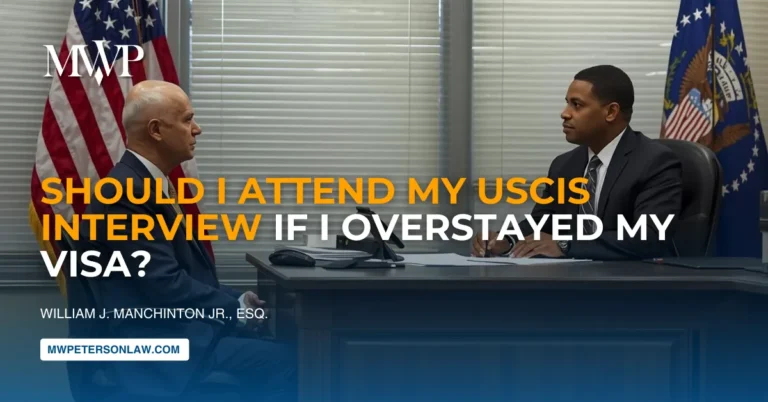A shoplifting charge at a Clerk Magistrate’s Hearing in Massachusetts is a serious matter. If you’ve received a summons for a hearing related to a shoplifting penalty, you might be wondering if it’s worth hiring a lawyer—or if you can handle it on your own. While self-representation (‘pro se‘) is allowed by law, it may not be the best strategy given what’s at stake. Having a Boston criminal defense attorney by your side can make a critical difference when facing a shoplifting charge at a Clerk Magistrate’s Hearing in Massachusetts.
Understanding The Shoplifting Charge At A Clerk Magistrate’s Hearing
A Clerk Magistrate’s hearing, also called a “show cause” hearing, is a preliminary proceeding to determine whether there is probable cause to issue formal criminal charges. If the clerk finds insufficient evidence, the case does not proceed to arraignment and the incident stays off your criminal record.
Serious Risks of Representing Yourself
Shoplifting Is a Criminal Offense
Shoplifting may seem minor, but it’s a criminal charge with serious consequences. A conviction can lead to jail time, fines, probation, and a permanent record that affects employment, housing, and education.
Risk of Self-Incrimination
What you say during the hearing can and will be used against you if charges are filed. Without legal training, it’s easy to accidentally admit to something that strengthens the case against you.
Lack of Legal Knowledge
Massachusetts larceny laws—under which shoplifting falls—contain specific legal elements the prosecution must prove. Without a Boston criminal defense attorney, you may miss opportunities to challenge key aspects of the evidence or argue mitigating factors.
Procedural Errors
Even small mistakes in how you present your case or respond to the Clerk Magistrate’s questions can have serious consequences.
Benefits of Hiring a Boston Criminal Defense Lawyer
Legal Experience
A seasoned Boston defense attorney understands the Massachusetts court system and the specifics of shoplifting laws. They know how to frame your case to minimize consequences or prevent formal charges altogether.
Persuasive Advocacy
A Boston criminal attorney can argue mitigating circumstances, question probable cause, and advocate for resolutions such as restitution or diversion that may keep the charge off your record.
Protection from Self-Incrimination
Your lawyer can speak on your behalf, helping you avoid making statements that could harm your case.
Things to Consider Before Going It Alone
- The long-term consequences of a criminal record
- Your comfort level speaking in a legal setting
- Whether you understand the elements of larceny/shoplifting law
- Whether you know how to present mitigating factors or negotiate alternative outcomes
Why Legal Help Is Strongly Recommended
Clerk Magistrate’s hearings offer a valuable opportunity to resolve a shoplifting charge before it becomes part of your criminal record—but only if you handle it correctly. Having legal representation greatly improves your chances of avoiding formal charges and protecting your future.
At the Law Office of Matthew W. Peterson, we regularly represent clients facing shoplifting allegations at Clerk Magistrate’s hearings. We know how to approach these cases to minimize consequences and, where possible, keep your record clean.
Call us today at 617-295-7500 if you’re facing a shoplifting charge in Massachusetts and want experienced, results-driven representation.
Frequently Asked Questions (FAQ)
Q: What happens at a Clerk Magistrate’s hearing for shoplifting?
A: The Clerk Magistrate reviews evidence and testimony to decide whether to issue criminal charges. If no complaint is issued, the matter ends there and does not go on your record.
Q: Can I represent myself at the hearing?
A: Yes, but shoplifting cases carry real legal consequences, and self-representation can increase your risk of incrimination or formal charges.
Q: Is shoplifting a misdemeanor or a felony in Massachusetts?
A: It depends on the value of the items. If under $1,200, it’s generally a misdemeanor. Over that amount may result in felony charges.
Q: How can a lawyer help with a shoplifting hearing?
A: A lawyer can challenge probable cause, present mitigating factors, and often negotiate a resolution that avoids criminal charges.
Q: What if I already admitted to the store or police?
A: Even if you made statements, a lawyer can help mitigate the damage, protect your rights, and still seek to resolve the case without charges being issued.











